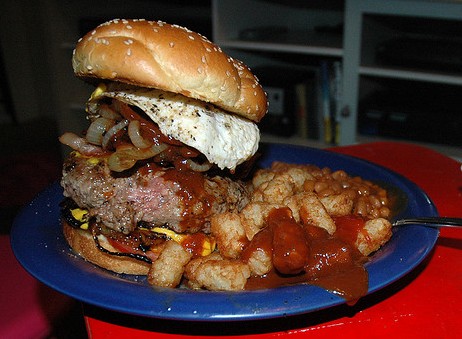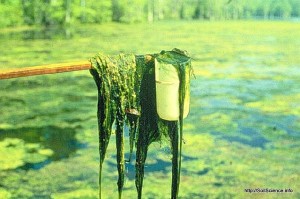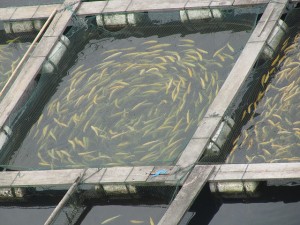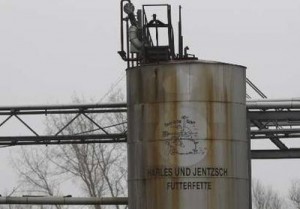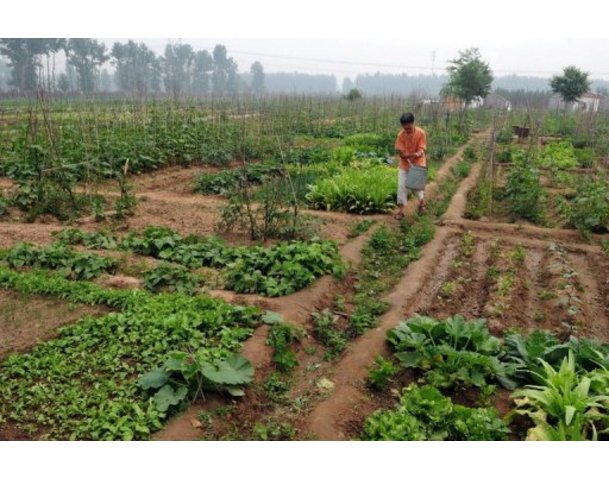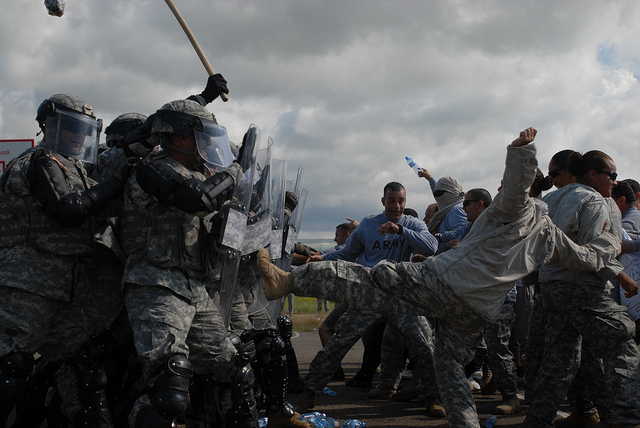
WARNING: Buying this produce from the person who grew it could be extremely beneficial to your health, and illegal. (Photo by pmulloy2112/Flickr)
Here and there around the United States, groups of activists are taking their country back from a tyrannical government and declaring their independence in a critical area of their lives. It’s not the Tea Party, and it’s hardly an Arab Spring, but it could be significant if it takes hold. Three towns in New England and one city in California have acted to pry the government’s cold, dead hands off their food supply. The New England towns have passed what they call a “food freedom” ordinance; and San Francisco had decriminalized urban farming. Continue reading
